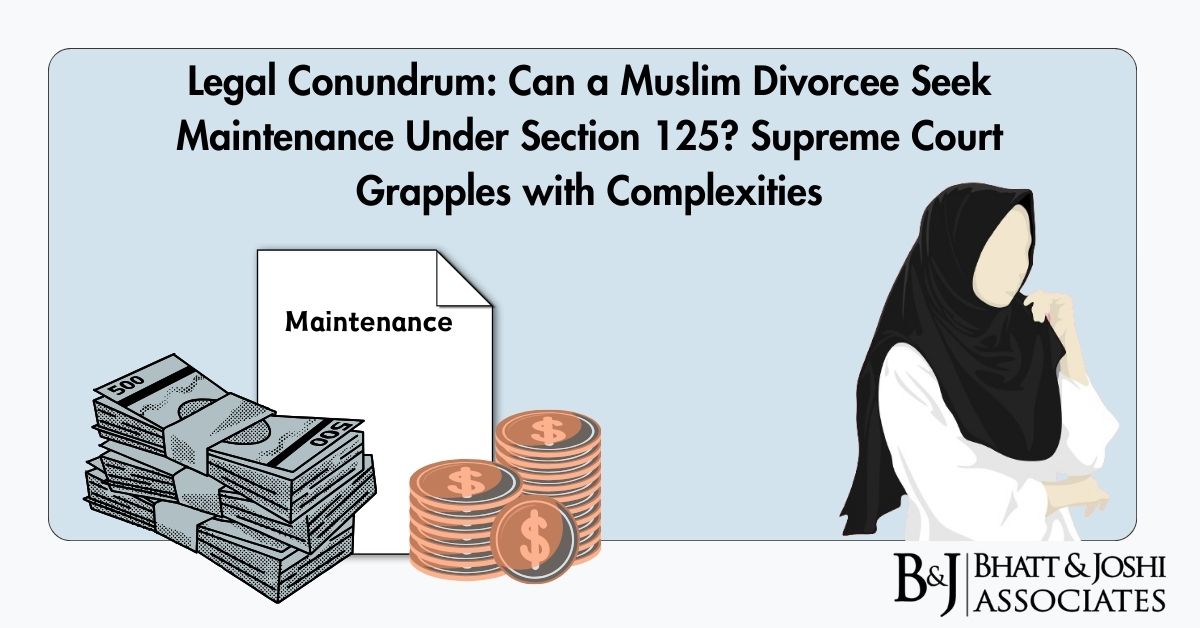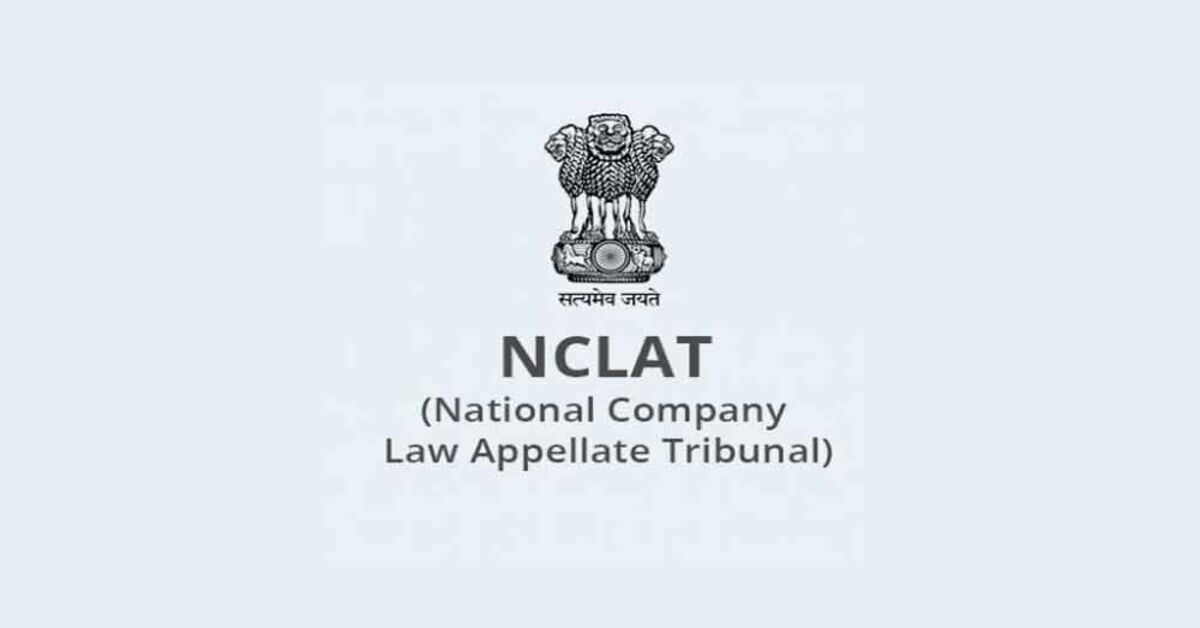Introduction
The Supreme Court of India is currently immersed in a legal debate revolving around the question of whether a Muslim divorcee can seek maintenance under Section 125 of the Code of Criminal Procedure (CrPC). This complex issue traces its roots back to the landmark case of Shah Bano Begum in 1985, which sparked considerable controversy and led to the enactment of the Muslim Women Act in 1986. The recent plea challenging a family court’s decision to grant interim maintenance to a divorced Muslim wife has reignited the legal discourse surrounding the rights of Muslim women post-divorce.
The Shah Bano Begum Case and its Aftermath
At the heart of the matter lies the historic verdict in the Shah Bano Begum case, where the Supreme Court declared in 1985 that Section 125 of the CrPC, a secular provision, is applicable to Muslim women as well. However, this decision triggered a vehement backlash, leading to the passage of the Muslim Women Act in 1986. This legislation restricted the right to maintenance for Muslim women post-divorce to a period of 90 days, known as the iddat period.
Legal Evolution of Maintenance Rights for Muslim Women
Over the years, the interpretation of these legal provisions has undergone multiple shifts. In the Daniel Latifi case of 2001, the Supreme Court upheld the constitutional validity of the Muslim Women Act, clarifying that a Muslim husband’s obligation to maintain a divorced wife extends beyond the iddat period. Subsequent cases, including Iqbal Bano v. State of U.P. et al. (2007) and Shabana Bano vs Imran Khan (2009), presented conflicting views on whether a Muslim woman could sustain a petition under Section 125 of the CrPC.
The Ongoing Legal Battle: Muslim Divorcee Maintenance Rights
In the current legal saga, a Muslim man has challenged a family court’s decision directing him to provide interim maintenance to his divorced wife. The central question before the Supreme Court is whether a Muslim woman has the right to file a petition under Section 125 of the CrPC or if she should solely rely on the provisions of the Muslim Women (Protection of Rights on Divorce) Act, 1986. The petitioner argues that the 1986 Act, which limits maintenance rights to the iddat period, is more beneficial for Muslim women. However, the divorced wife contends that she has the right to approach the family court under Section 125 of the CrPC.
Legal Interpretations and Appointments
The Supreme Court, after hearing initial arguments, has appointed senior advocate Gaurav Aggarwal as amicus curiae to assist in exploring the legal intricacies of the matter. The court is set to continue the hearing on February 19, 2024.
Conclusion: Impact on Muslim Divorcee Maintenance Rights
As the Supreme Court delves into this intricate legal question, it grapples with the delicate balance between secular legal provisions and religious personal laws. The outcome of this case will not only impact the specific parties involved but may also set a precedent for the broader interpretation of maintenance rights for Muslim divorcees in India.














